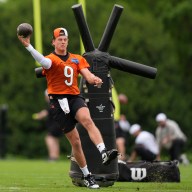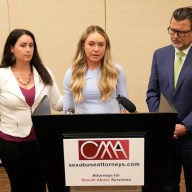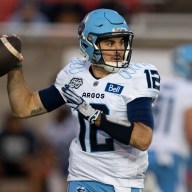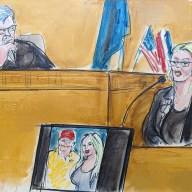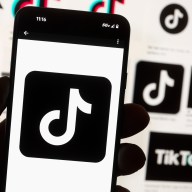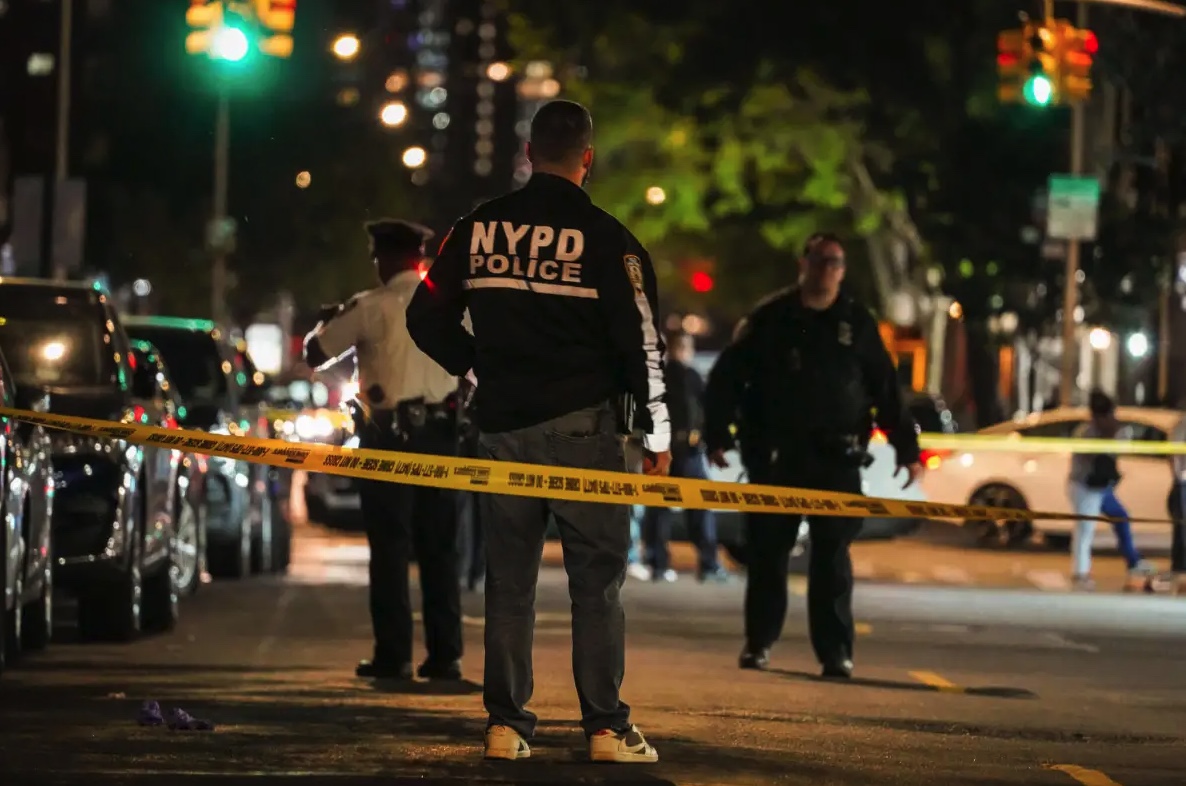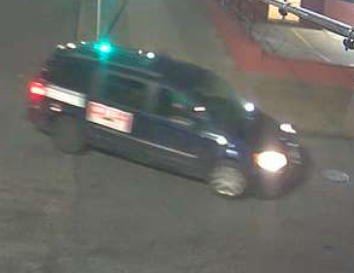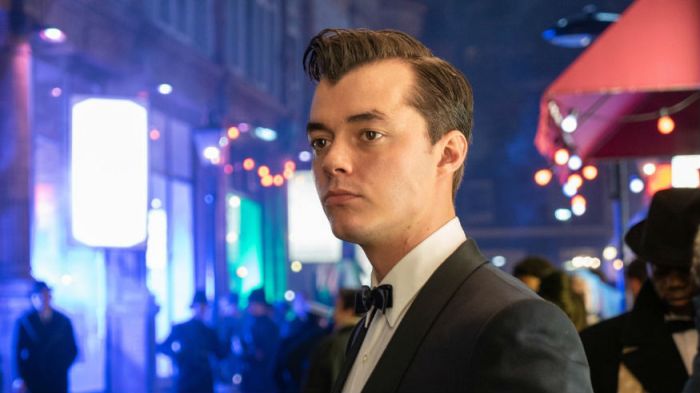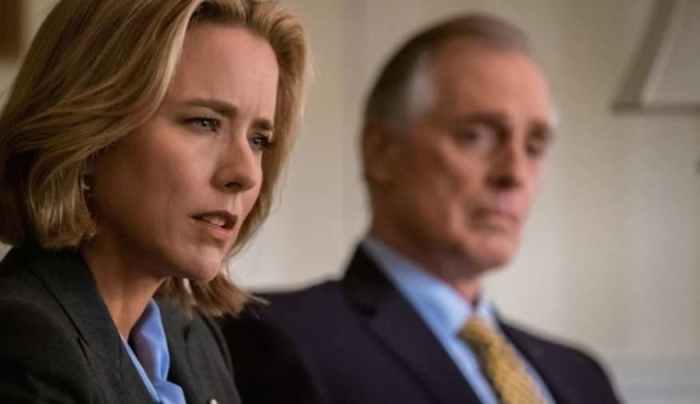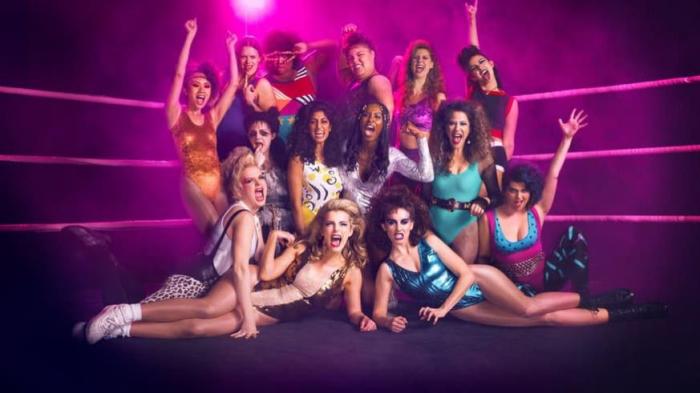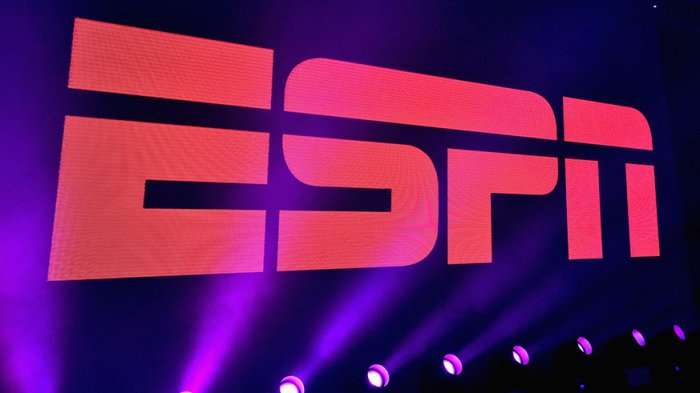Cord cutting, aka the act leaving pay-TV providers like cable companies for internet-based streaming, has grown exponentially in recent years thanks to services like Netflix, Amazon, Hulu and now, exclusive to New Yorkers, Locast.org.
A play on “local” and “broadcast,” Locast is a nonprofit that launched two weeks ago and works as a “translator” to provide broadcast signals from more than a dozen local stations for free or little cost via the internet.
If you’re wondering how that might be legal, founder/chairman David Goodfriend, who also happens to be a law professor at Georgetown University, cited a federal copyright law that allows nonprofits to retransmit broadcasts.
“Every single broadcaster today is using public broadcasting in the form of an FCC license,” he explained. “Yet they tend to be using it more and more for profit instead of for making sure that everybody has access to important local news, weather, sports and network programming.”
Locast is part of the Sports Fan Coalition (SFC), which Goodfriend founded in 2009 — and which famously and successfully petitioned the Federal Communications Commission to end the NFL’s 40-year blackout rule in 2014, despite heavy opposition from the league and the sports and broadcast industries.
“The achievement of getting a federal agency to take that step and do it in such a bipartisan way is that this notion of bringing back the public interest to media and sports is alive and well,” he said.
Since its Jan. 11 launch, “tens of thousands of New Yorkers have taken advantage of Locast,” Goodfriend said. “We are at more than double the number of users we wanted to have after 30 days.”
The service, however, is not without detractors, including the National Association of Broadcasters.
“Over the years, numerous services from Aereo to FilmOn have tried to find creative ways to skirt the communications and copyright laws that protect local broadcasters and our tens of millions of viewers,” Dennis Wharton, NAB’s executive vice president of communications, said in a statement earlier this month. “We are deeply skeptical that this service will survive legal scrutiny where its predecessors have failed.”
Though it is only available in New York City currently, Locast is gaining fans outside the area, from the Hudson Valley and Connecticut to Milwaukee, Goodfriend said.
“I think a beautiful model could be Locast partnering with nonprofits in other markets to launch where they live and operate,” he said. “I’d love to see that a year from now blossoming all over the country.”
SFC and Locast board member Habiba Alcindor, a cord cutter herself, wants her fellow New Yorkers to have more access to the sports they love, which isn’t surprising as she’s the daughter of NBA legend Kareem Abdul-Jabbar. But she’d also like to see Locast eventually offer original programming such as coverage of local handball tournaments.
She was drawn to both of Goodfriend’s nonprofits “because I believe that sports should not evolve to a level where it excludes the fans or where you have to have an enormous amount of money to be a fan,” she said. “I like the idea of making sports more available in New York, and I do know a lot of people who had to get rid of cable because it’s so expensive.”

